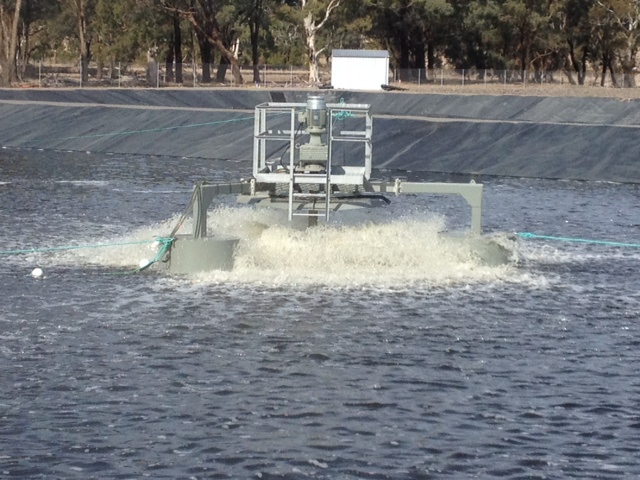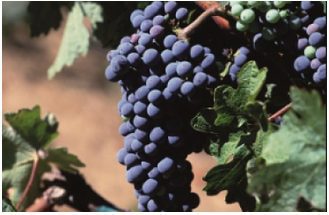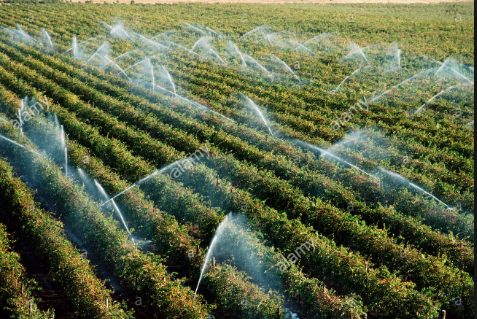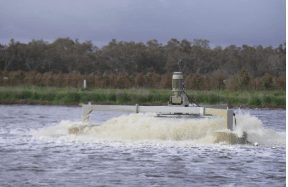How wineries can make their irrigation systems more efficient
Australia is one of the most famous wine-producing countries in the world and is home to more than 2,400 wineries. Australian wine is so loved around the world that over 30 million glasses of Australian wine are drunk each day!
In order to produce the wine that millions of people all over the world love, these wineries use irrigation systems to ensure that the grapes can grow ripe and ready in time, especially in drought-prone countries. However, many may not be using the most efficient irrigation system. In this article, we’ll discuss some of the ways that wineries can make their irrigation systems more efficient, in order to save money and help the planet.
Ensure the irrigation system suits your needs
The first step to ensuring that your winery irrigation system is efficient is to be sure that the system properly suits your needs. Take into account your production goals, specific land properties (soil characteristics, plant variety and natural water availability) and consult with a professional agronomist who will tell you the requirements that your land needs.
By ensuring that your irrigation system meets your vineyard’s specific requirements, you’re less likely to waste water.
Practice RDI
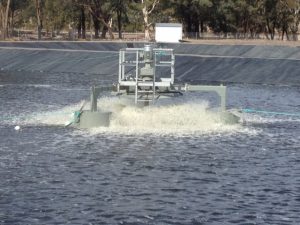 RDI, or regulated deficit irrigation, is an irrigation practice where the amount of applied water is regulated to below the full level for optimal vine growth. Not only can this help to increase water efficiency by 30%, but it can also lead to a higher quality of grapes. The lack of irrigated water to the plant forces it to look for other sources of water, which causes their shoots and roots to grow while they search. This shoot growth can improve grape quality.
RDI, or regulated deficit irrigation, is an irrigation practice where the amount of applied water is regulated to below the full level for optimal vine growth. Not only can this help to increase water efficiency by 30%, but it can also lead to a higher quality of grapes. The lack of irrigated water to the plant forces it to look for other sources of water, which causes their shoots and roots to grow while they search. This shoot growth can improve grape quality.
Maximise green water use
In order to reduce the amount of winery wastewater, irrigation systems can be made more environmentally friendly and efficient by using green water (or water that is sourced from natural sources, such as rain and snowfall). Wineries can store rain and snowfall in tanks and use this to irrigate the plants. They should also ensure that they reduce water evaporation, leaching and runoff.
Keep recording your irrigation
One of the most important things you can do to ensure that your irrigation system is as efficient as it can be is to regularly measure soil moisture and evapotranspiration and make any necessary changes. For example, by adding mulch to the soil, you can improve the availability of water for the soil.
How to create an efficient irrigation system
If you own one of the 2,400 wineries in Australia, you could be losing around $2.4–3.4 million as a result of wastewater. In order to save money and reduce your impact on the environment, make sure that you talk to the experts about improving the efficiency of your irrigation system.
At ByJas, we have the expertise to help you create a sustainable water system with stabilised wastewater treatment equipment. Contact us to learn more about our services. We have been in the industry for 35 years and are family-owned. We support clients across Australia in regional town centres, remote regional areas and main capital cities. Visit us at www.byjas.com.au or call us on (03) 5979 1096 to learn more.
SHARE:
What you can read next
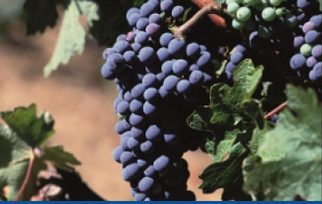
Waste water treatment for Wineries
Wineries across Australia are producing record ...

Specialising in the Winery Industry
We cater to the winery industry in order to red...
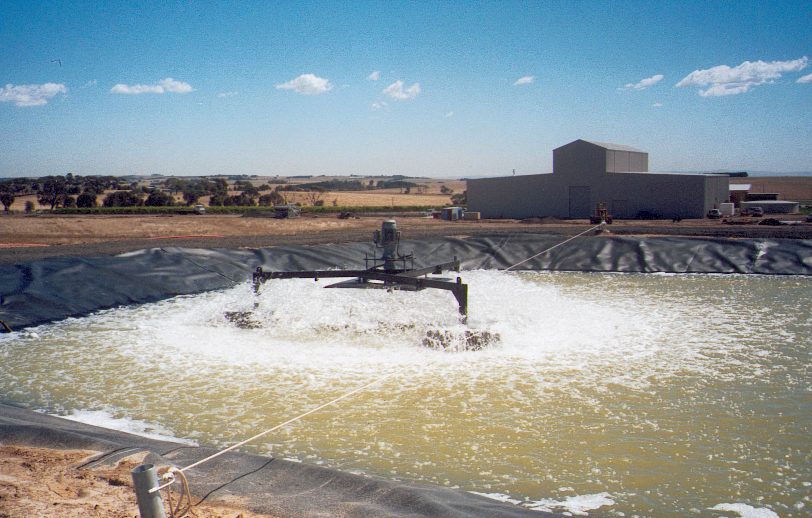
Irrigation efficiency for Wineries
As we know wineries produce wastewater from the...
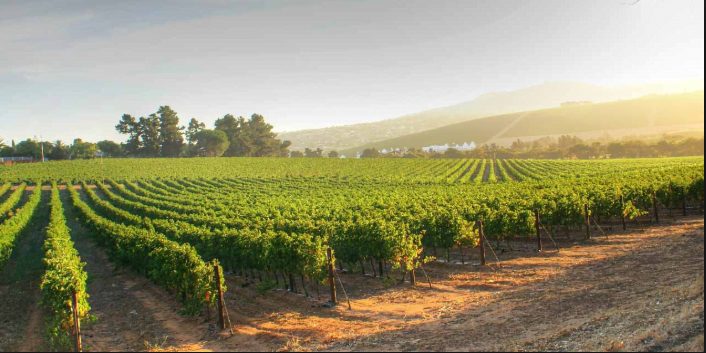
What is Involved in the Process of Winery Wastewater Treatment?
Winery wastewater is generated from the winery’s...

Want to remove waste water efficiently
Are you looking for a cheaper and more environmen...

Why Choosing a Wastewater Equipment Manufacturer Provides a Better Option?
Why Choosing a Wastewater Equipment Manufact...

Why Are Bacteria Used in Sewage Treatment?
Wastewater treatment is society’s way of giving...

